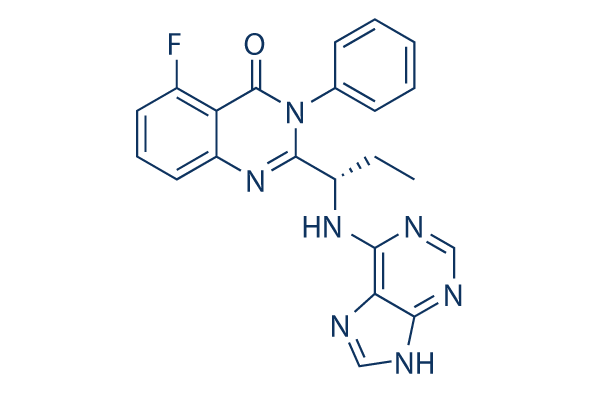Idelalisib

How this drug is given:
-
Zydelig is a tablet, taken by mouth: the recommended maximum starting dose is 150mg administered orally twice daily. It can be taken with or without food.
-
Dosage may be adjusted based on side effects.
-
Take Zydelig exactly as prescribed.
-
Swallow Zydelig tablets whole. Do not crush or dissolve tablets.
-
Do not change your dose or stop Zydelig. If you miss a dose of Zydelig by less than 6 hours, take the missed dose right away. Then take your next dose as usual. If you miss a dose of Zydelig by more than 6 hours, wait and take the next dose of Zydelig at your usual time.
-
Do not take more than 1 dose of Zydelig at one time. Call your health care provider right away if you take too much.
-
The amount of Zydelig that you will receive depends on many factors, your general health or other health problems, and the type of cancer or condition being treated.
Zydelig is being granted traditional approval to treat patients whose chronic lymphocytic leukemia (CLL) has returned (relapsed). Used in combination with Rituxan (rituximab), Zydelig is to be used in patients for whom Rituxan alone would be considered appropriate therapy due to other existing medical conditions (co-morbidities). Zydelig is the fifth new drug with breakthrough therapy designation to be approved by the FDA and the third drug with this designation approved to treat CLL. The FDA is also granting Zydelig accelerated approval to treat patients with relapsed follicular B-cell non-Hodgkin lymphoma (FL) and relapsed small lymphocytic lymphoma (SLL), another type of non-Hodgkin lymphoma. Zydelig is intended to be used in patients who have received at least two prior systemic therapies.Zydelig is a targeted therapy. Zydelig is an oral inhibitor of phosphoinositide 3-kinase (PI3K) delta, a protein that plays a role in the activation, proliferation and viability of B cells, a critical component of the immune system. PI3K delta signaling is active in many B-cell leukemias and lymphomas, and by inhibiting the protein, Zydelig blocks several cellular signaling pathways that drive B-cell viability. By binding to these receptors Zydelig blocks an important pathway that promotes cell division.
Common (occurring in greater than 30%) side effects in patients with CLL taking Zydelig & Rituxin include: neutrophil count decreased, hypertriglyceridemia, hyperglycemia, ALT increased, and fever.
Less common (occurring in about 10-29%) side effects in patients with CLL taking Zydelig & Rituxin include: GGT increased, nausea, lymphocyte count increased, AST increased, pneumonia, chills, diarrhea, lymphocyte count decreased, hyponatremia, rash, vomiting, hypoglycemia, and headache.
Common (occurring in greater than 30%) side effects in patients with indolent non-Hodgkin lymphoma taking Zydelig monotherapy include: neutrophils decreased, ALT increased, diarrhea, AST increased, fatigue, cough, nausea, fever, hemoglobin decreased, platelets decreased, abdominal pain, pneumonia, and rash.
Less common (occurring in about 10-29%) side effects in patients with indolent non-Hodgkin lymphoma taking Zydelig monotherapy include: shortness of breath, decreased appetite, vomiting, upper respiratory tract infection, night sweats, asthenia, insomnia, headache, and swelling.
